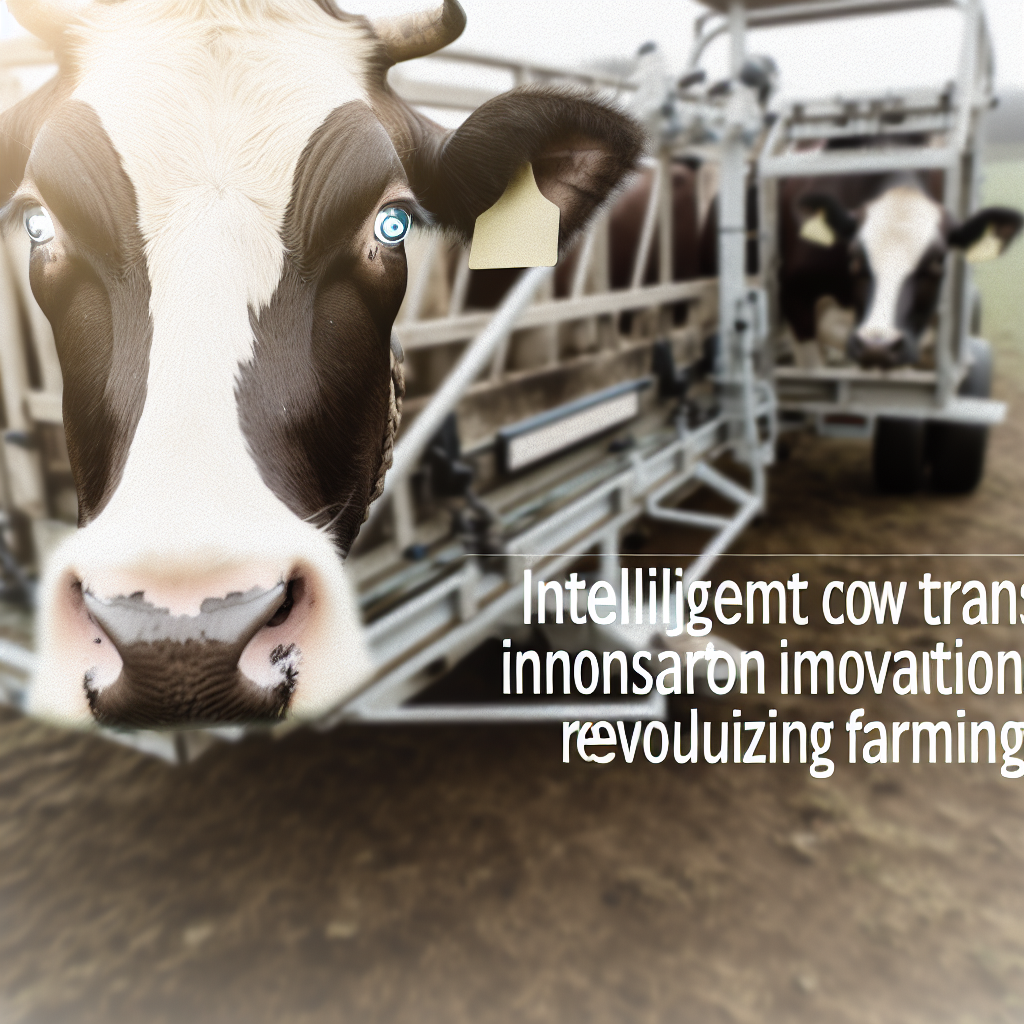In recent years, the livestock transportation industry has seen groundbreaking innovations with the advent of intelligent cow transport. Integrating advanced technology into automobile design not only enhances efficiency but also ensures the safety and well-being of the cattle. This article explores how smart transportation systems are revolutionizing cow mobility within modern farming practices and the automotive industry.
Advancements in Intelligent Cow Transport Technology
Traditional methods of cattle transport often pose challenges such as stress to the animals, risk of injury, and logistical inefficiencies. To address these issues, the integration of automobile technologies with farming needs has paved the way for *smarter* solutions. Modern intelligent transport systems utilize sensors, GPS tracking, and automation to monitor and optimize each journey.
Some key innovations include:
- Smart Temperature and Climate Control: Automated systems that regulate airflow and humidity levels tailor the environment within transport vehicles to reduce animal stress and improve their overall health.
- Real-Time Monitoring with IoT Devices: Implementing Internet of Things (IoT) sensors allows farmers and drivers to track vital signs of the cattle, vehicle conditions, and journey progress in real-time, ensuring timely interventions when necessary.
- Automated Feeding and Hydration: Integration of feeding systems that automatically dispense water and feed during longer trips maintains cattle well-being without manual intervention.
The Impact of Intelligent Transport on Farming and Automotive Industries
Innovative cow transport solutions are not only transforming farming practices but are also influencing the design and capabilities of modern automobiles. Vehicle manufacturers are now developing specialized livestock carriers equipped with AI-powered safety features, route optimization algorithms, and energy-efficient systems.
This synergy between agriculture and automotive technology results in several benefits:
- Enhanced Animal Welfare: Reduced stress and injury during transit lead to healthier livestock ready for sale or farm integration.
- Improved Logistic Efficiency: Precise route planning and vehicle management decrease transportation costs and time delays.
- Environmental Benefits: Energy-efficient vehicles with eco-friendly systems contribute to sustainable farming practices and greener transportation solutions.
Furthermore, as autonomous driving technology advances, self-driving livestock transport vehicles are becoming a reality, promising even greater safety and reliability in the future of cow logistics.
In conclusion, the integration of intelligent cow transport systems marks a significant step forward in sustainable, efficient, and animal-friendly farming. By harnessing cutting-edge automobile technology, farmers and industry players are setting new standards that benefit the environment, animals, and the economy. Embracing these innovations will be key to shaping the future of livestock transportation.
